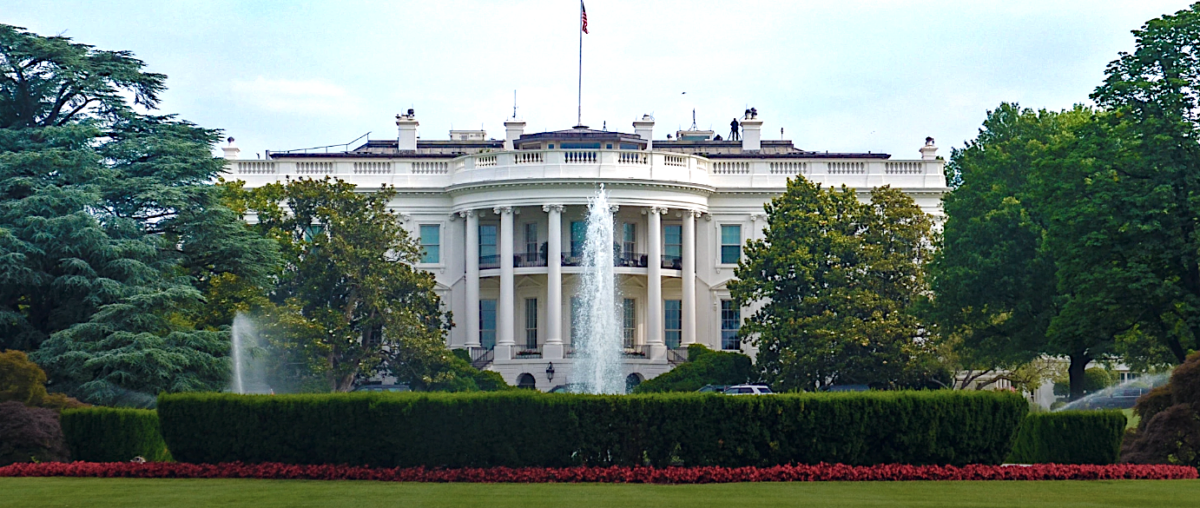A pipeline that would carry crude oil from New Jersey to Albany is likely to run through the Hudson Valley if approved.
Pilgrim Pipeline Holdings LLC has set up a website on its project, which is in its early planning stages. It would connect 178 miles of parallel 24-inch diameter pipes that would pump refined petroleum products and crude oil. It is expected to transport 400,000 barrels of petroleum products per day.

Pilgrim said on its website that the pipeline would be an alternative to petroleum barges, which transport 3 billion gallons per year up and down the Hudson River. The pipes would run mostly on rights of way and public spaces along the Interstate 287 corridor in New Jersey and alongside Interstate 87 on its way to Albany. A company spokesman told The Journal News the pipes would likely run underneath Rockland County.
The company, on its website, said there were no petroleum pipes serving the Northeast and that reliance on barges made the oil supply susceptible to natural disasters. “This combination can lead to major shortages of critical fuels ”” just when they are needed most ”” creating service disruptions and price spikes that adversely impact consumers and businesses.”
The crude oil shipments would run between the state capital and a plant in Linden, N.J. The company has touted the pipeline as a safer alternative to transportation of crude by train, a topic that has received much publicity recently due to several high-profile derailments.
The Port of Albany is expanding its capacity to handle 2.8 billion gallons of oil per year. Although the pipeline would likely reduce barge traffic on the river ”” crude shipments from Albany are often transported by barge to New York Harbor ”” there are growing concerns over crude oil trains in the region.
The U.S. Department of Transportation is considering new regulations regarding crude-oil trains, particularly the DOT-111 tanker trains that have been involved in several recent derailments. Concerns have grown as the amount of oil from South Dakota”™s Bakken Shale have increased in recent years. Bakken is considered more volatile than other forms of crude oil, a stance criticized by the American Petroleum Institute, an oil and gas industry group that represents 600 members.
“The best science and data do not support speculation that crude oil from the Bakken presents greater than normal transportation risks,” said Jack Gerard, API president and CEO. “Multiple studies have shown that Bakken crude is similar to other crudes.”
The amount of Bakken crude moving through the United States has increased from 9,500 carloads in 2008 to 415,000 carloads last year, according to the DOT. The Hudson Valley has between 14 to 40 trains carrying crude through the area each week, according to reports.
The DOT wants to phase out most of the older DOT-111s and apply stricter rules for braking controls and the speed of crude oil rail cars. Some environmental groups, including the land trust organization Scenic Hudson, say those proposed regulations do not go far enough.
The Hudson Valley has continued to find itself as an energy highway on several levels. An existing pipeline, the Algonquin, is also under consideration to expand its size and natural gas capacity. Resident opposition groups and some elected officials have criticized the expansion, which they fear increases the likelihood of a disaster in the area.
A 330-mile, 1,000-megawatt electric line called the Champlain Hudson Power Express is on its way to approval, running from the Canadian border to Astoria, Queens.

















Comments 1